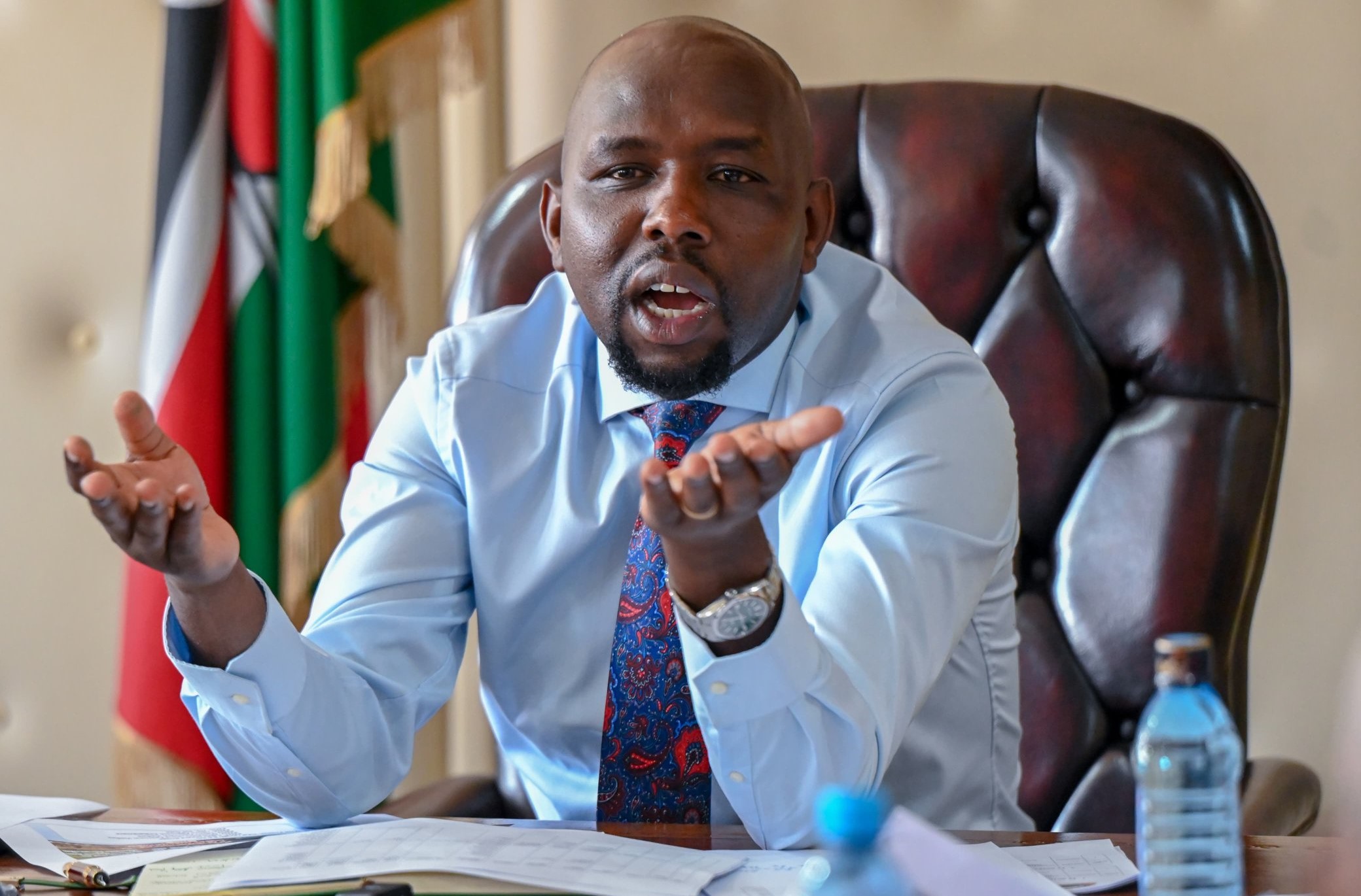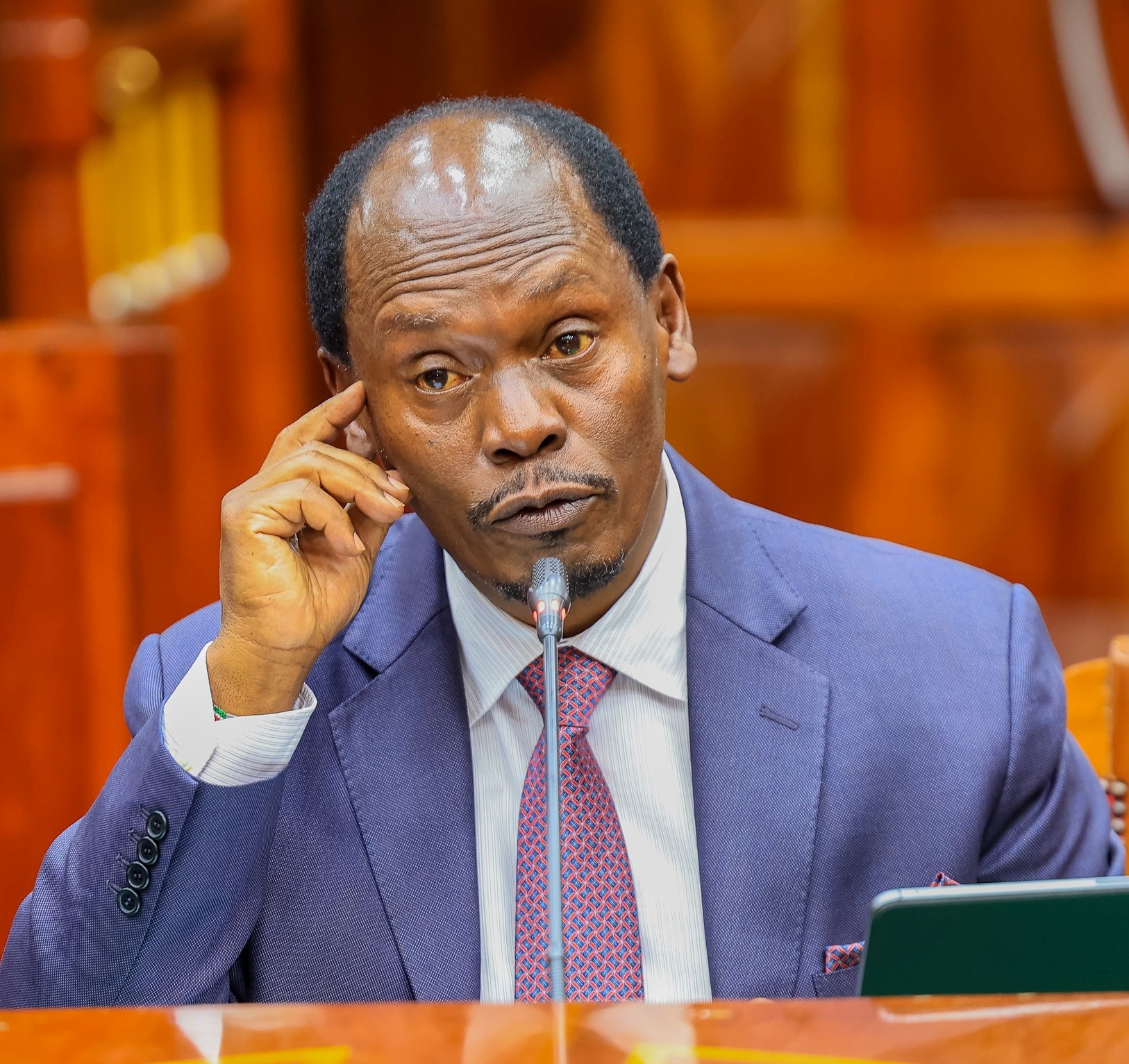Kenya has joined a coalition of nations advocating for the establishment of an International Anti-Corruption Court (IACC), aimed at holding high-level corrupt officials accountable on a global stage. The initiative, backed by countries including Botswana, Canada, France, and South Africa, seeks to address the impunity often seen in national jurisdictions.
According to the UK Parliamentary Under Secretary for Africa, United Nations, Commonwealth, and Human Rights, Lord Edward Harry Collins, the draft treaty for the IACC is expected to be ready next year. Speaking before the House of Lords, Lord Collins reaffirmed the UK’s commitment to combating corruption but acknowledged the complexities involved in forming such a court.
“This government fully supports holding kleptocrats to account,” said Lord Collins. “The idea of an IACC carries challenges and requires detailed consideration. Meanwhile, we will use all our tools to deliver an ambitious agenda to tackle the devastating impacts of corruption and illicit finance, both at home and overseas.”
Lord Peter Gerald Hain, who raised the matter, emphasized the urgent need for global collaboration, noting that grand corruption costs the world an estimated $2 trillion annually. He called on the UK to participate officially in the treaty-drafting process while encouraging other nations to join. The Integrity Global Initiative describes the IACC as a “court of last resort” that would intervene when national governments fail to prosecute corrupt leaders due to lack of enforcement or political influence.
Research by Transparency International reveals that assets worth $3.7 billion, looted from Africa, are scattered across 74 jurisdictions. These findings expose a staggering network of anonymous companies, properties, bank accounts, and luxury goods used to conceal illicit wealth.
Key insights from the report include:
Anonymous Companies: The British Virgin Islands, Panama, and Seychelles are top incorporation hubs.
Real Estate: Properties linked to corruption are often located in France, the UK, UAE, and the US.
Bank Accounts: Major financial hubs such as Hong Kong, Switzerland, the UAE, and the US are primary destinations for storing dirty money.
Transparency International highlighted a significant gap in anti-money laundering enforcement. For instance, Swiss regulators reported in 2023 that 50% of inspected banks had inadequate systems to combat money laundering.
Fighting Corruption: The Role of the UK and Global Efforts
The UK has already made strides in addressing corruption through its International Corruption Unit, which has led investigations into bribery, money laundering, and the confiscation of stolen assets. Recent sanctions by the UK and the US targeted Kenyan businessman Kamlesh Pattni, his family members, and associates for alleged bribery and money laundering related to Zimbabwean gold exports.
Advocates argue that an International Anti-Corruption Court would provide a powerful mechanism to prosecute kleptocrats and dismantle the networks enabling corruption. If realized, the IACC could mirror the International Criminal Court, addressing corruption as an international crime and reducing impunity worldwide.
As Kenya aligns itself with this landmark initiative, the IACC promises to be a transformative tool in the global fight against corruption. However, its success hinges on the commitment of nations to overcome challenges and ensure accountability at all levels.





